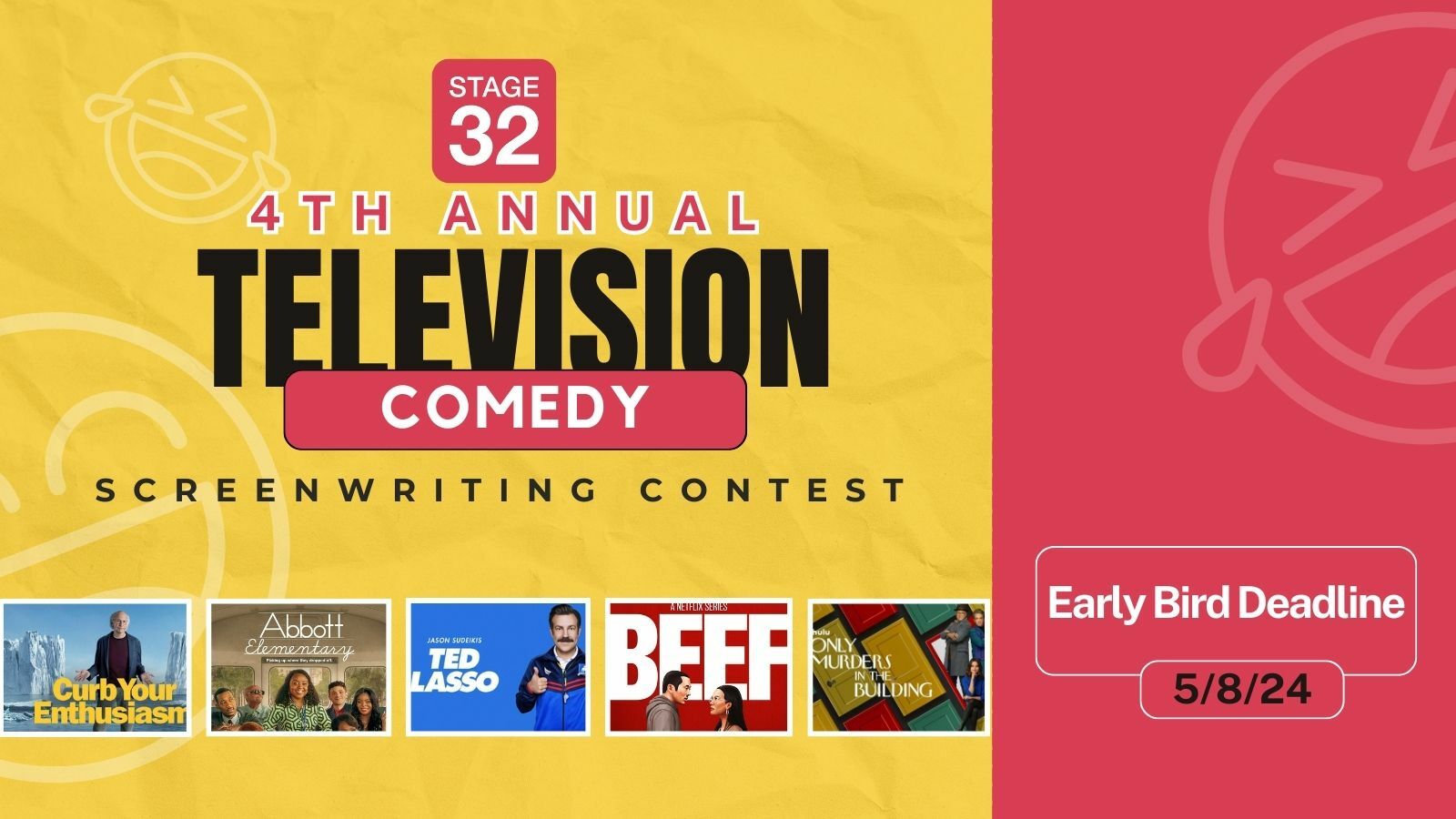I read a post somewhere in the Lounge (which I've now lost) in which a writer was saying that she didn't appreciate notes that were noncommittal. She preferred notes that were more precise and committed. By noncommittal, I mean notes that use phrases like: "Perhaps you might..." "For example, maybe..." "Is there any value in doing x?" "Let's consider doing..." While these notes might seem noncommittal, this type of delivery is precisely what film studios in the US employ. It's a highly professional voice for delivery. Why? Because executives recognize that 1) the writer knows the "whole story" better than we do and she has many story elements to juggle in her head, 2) the writer will have a more artful way of handling a note than we awkward non-writing execs, and 3) we don't want to eliminate the writer's room to be a creative thinker. We don't want to be overly prescriptive if at all possible. We hope that the writer will have a more elegant way to accomplish something than our bad example. We don't want to put a leash on a writer that prevents her from achieving her best work. So this technique of sending notes which seem noncommittal is actually a demonstration of TRUST and RESPECT for the writer, whom we need to be a better architect than we execs are. Please note this post applies to feature film technique. Typically, in TV, the showrunner and the network have the final call. Thus the notes delivery technique is somewhat different, if only because of tight production deadlines that loom every single week To be reductive, in TV, you will see more "do this" than "maybe you might do this."



1 person likes this
I love hearing "Perhaps maybe..." or "Maybe use this..." instead of "It sucks" and nothing else. And yeah, a lot of the times those terms are used and whoever wrote that post before has a great attitude because they don't feel like they're creative vibes are getting crushed or hampered. When I hear those kind of phrases, it feels like the other person cares about this and is actually pushing me to go above and beyond my creativeness which can open new doors which I never probably saw.
1 person likes this
True + Perhaps 4) It doesn't give a superiority and bossy vibe like "Do this here! "Have this character do that here" "I think this isn't good here",etc. Besides, it "exonerates" the executives in case some writer gets angry/unsatisfied,etc with the critique.
2 people like this
"Architect" is an interesting choice of words and reminds me of that William Goldman quote: "Screenplays are structure, and that's all they are."
2 people like this
Already, the above 3 writers have written more eloquently than I have - thus proving the point that execs should typically give notes in such a way that does not put a leash on the writer.
1 person likes this
Its super cool for writers to have that sense of respect. But many executives has become caged by formula. Its no surprise they exhibit incredibly bossy and critical attitudes.
Christian, is that your personal experience when you're meeting with execs?
Yeah, Regina. With the small projects I have involved in, its just exactly that way. Check it out, even in history; those writers or artists who finally find an opportunity of full control over their work, end up with something that either defines their career or sets a pace for others. Marilyn Munroe is one of such. Her acting was well noticed after she set out her own production team. Well, executives can speak from experience but I doubt if that is mainly their stand. To me any art form is adventurous and should be explored.
2 people like this
totally agree with Regina! Though i tend to think notes are written that way to cushion the blow and make it easier for the writer to accept and digest so they dont think theyre being ordered to change their script...even though they are. haha
THANK YOU! I think you might have been referring to my post that received the response you reference. I used to be a reader (and actually worked at a major studio in another department) and would use this tactic often for these EXACT REASONS. I was shocked at the responses that piggy-backed off it. You explained this reasoning PERFECTLY!
1 person likes this
Love this! Thanks for posting, Regina! In the end, it's all about collaboration, and the best writers and executives are the ones who open themselves to that and guide their work (and notes) accordingly.
A.S. A producer can suggest changes or whatever but if they tell me how to write they can go find another writer.
Great read
A.S. I don’t get feedback from an Arschloch because I won’t work with them.